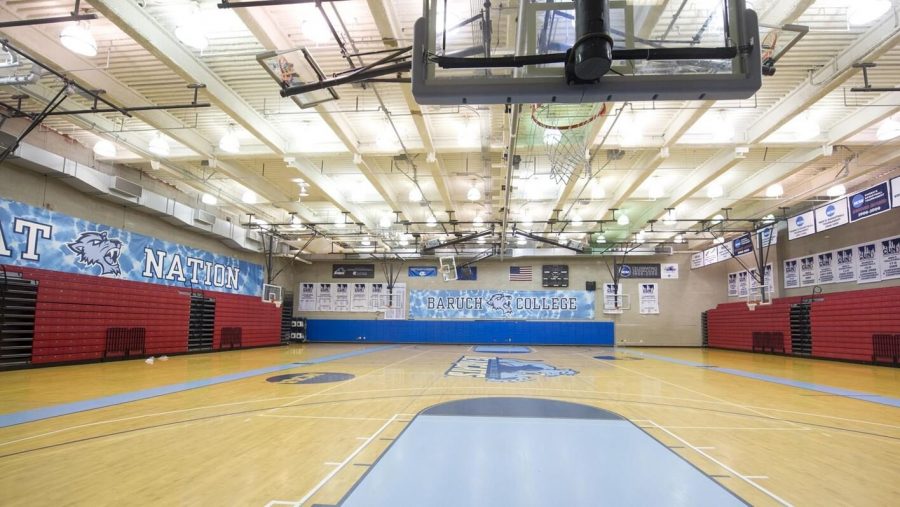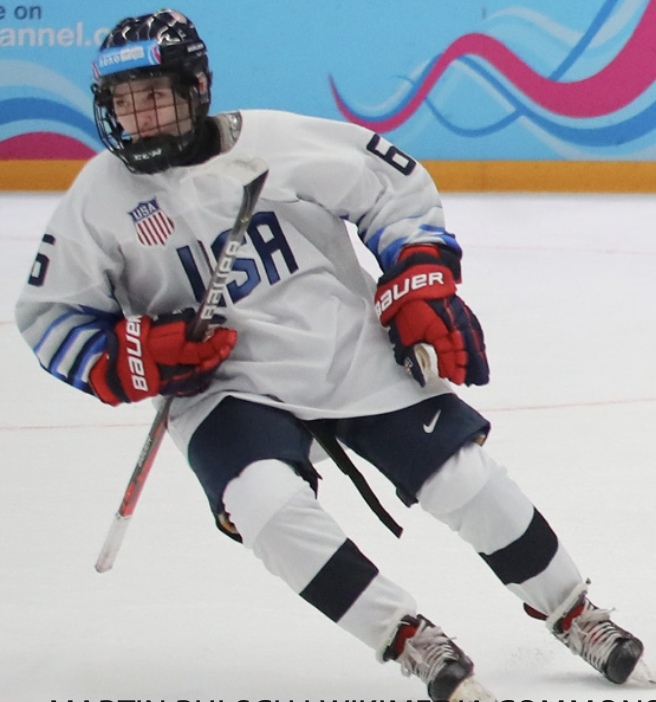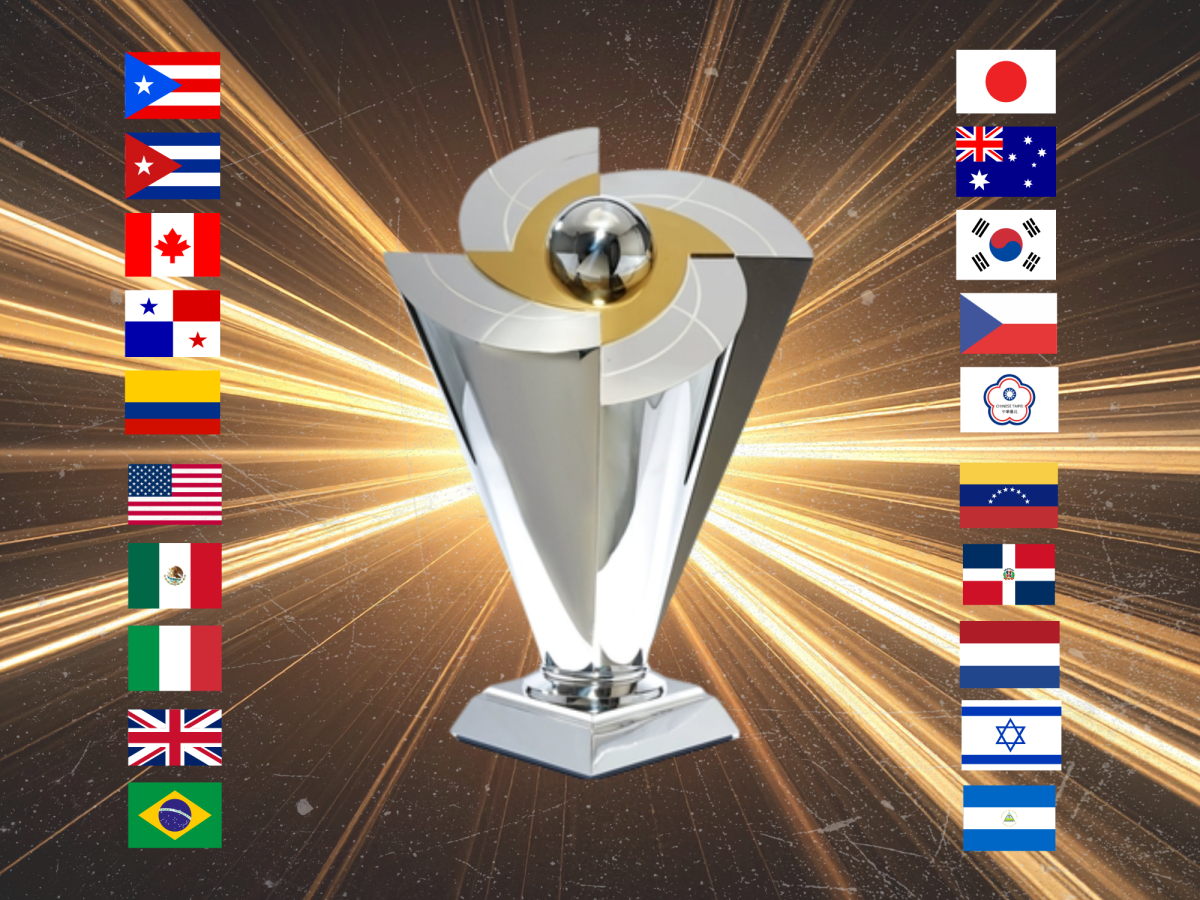However, whatever speculation remained about the future of spring sports was quickly put to rest as CUNY Athletics announced the cancellation of all matches for the remainder of the season. For the Bearcats, that means the men’s baseball, volleyball and tennis campaign has come to a premature end, while the women had their softball season cancelled before they had the opportunity to play a game.
Prior to the halt of the season, Bearcat baseball was on a high, as the defending champs of the CUNY Athletic Conference had marched into Florida and won five out of eight games. Their last victory was a low-scoring affair, as Baruch took advantage of a multitude of errors by the Muskies of Lakeland University and a masterful complete-game performance by senior Paul Sirakowski to win three runs to one.
Although the argument could be made that the relative youth of the season weakened the sting of losing the season, it did not take away from the surrealness of the occasion. “Initially it did not hit me that the spring season was actually done. This is my senior year and final baseball season so when it finally did hit me, it definitely sucked to put it bluntly,” said Matteo Flamio, a pitcher for the Bearcats.
The disappointment was not only felt by the players, but by the coaches as well. “Very disappointing but it needed to be done for the welfare of everyone. The sad part is that some will not return because they have lined up full time employment that they can’t pass up, unfortunately,” said Jose Torres, coach of the Baruch baseball team.
From the diamond to the court, the men’s volleyball team was also riding high when their season came to a premature end. The Bearcats were on a five-match winning streak, cruising to a straight-set win in every match of the streak. In addition, they were undefeated in conference play, finishing with five wins to bring their season total to 14 wins and six losses. Middle hitter Meni Musheyev was awarded the CUNY Player of the Year Award, as the junior finished with 134 kills and an attack percentage of over 40 percent. Meanwhile, senior Artem Zinkin was named a CUNY First-Team All-Star, as he accumulated 152 kills and 180.5 points on the season.
Coach Kevin Edwards was named CUNY Men’s Volleyball Coach of the Year, as he led an impressive, but abbreviated, campaign for the defending champions of CUNY. In response to the cancellation of the season, Edwards’ initial response was to think of the team and the community first. “My first reaction was mostly thinking about the players who put in all the hard work to get to that point of the season and was looking forward to defending our championship. But, we always talk about the health and safety of our players and now we all are called into action to help a bigger cause,” said Coach Edwards.
“Therefore, acceptance would be the key reaction, and now looking forward to creating new memories in the future.”
The ramifications of the decision to cancel the spring season can be felt in different ways. According to the NCAA, Division III Athletics will finish the 2019-20 fiscal year with a deficit of 7.6 million dollars and lose approximately 70 percent of its annual estimated revenue. In addition, two major issues that needed to be addressed was the eligibility of student-athletes , especially for seniors, and the potential influx of new players through recruitment.
Any concerns regarding the eligibility of student-athletes were quickly put to rest as the NCAA granted an additional year of eligibility for all athletes participating in spring sports. For seniors such as Flamio, it represents one final chance to play for their school.
“So far, the extra year of eligibility seems to be a great idea because there has been majority positive feedback from my team and other student-athletes. This was an important thing for student-athletes that had their senior season cut short, like me,” remarked Flamio.
This decision was widely regarded as a victory, albeit a rare one, for the NCAA. Amongst Baruch coaches, the spotlight switches to how they going to cope with the seniors who choose to stay for their extra season and new players. In Baruch, players are recruited knowing that this is a four-year program, and their development as people through education and sport are deemed most important.
Recruitment should not be an issue, according to Coach Torres, commenting, “I don’t believe there will be any ramifications as far as recruiting is concerned Baruch’s education status speaks for itself and the baseball program is a compliment to it.”
However, the additional eligibility is a double-edged sword for collegiate programs. The foreseeable future post-pandemic will be affected by how they planned pre-pandemic. “For some teams it’s going to help them remain ultra-competitive in the short term if they did not have a good recruiting class coming in,” said Coach Edwards.
“For teams who had already planned for the next step, there will be an overload on potential rosters which will put coaches, institutions, budgeting staff, and more importantly the student-athlete in a situation to make tough decisions,” Coach Edwards added.
Another idea to accommodate this novel situation is expanding the rosters. “Expanded rosters are a good thing to have it creates competition for playing time and a roster spot,” said Coach Torres.
No matter what, Baruch Athletics is currently living in undiscovered country as it goes through the COVID-19 pandemic. Whatever the future holds, the most important objective for Baruch Athletics is to make sure everyone associated with the Bearcats is healthy, both mentally and physically.








